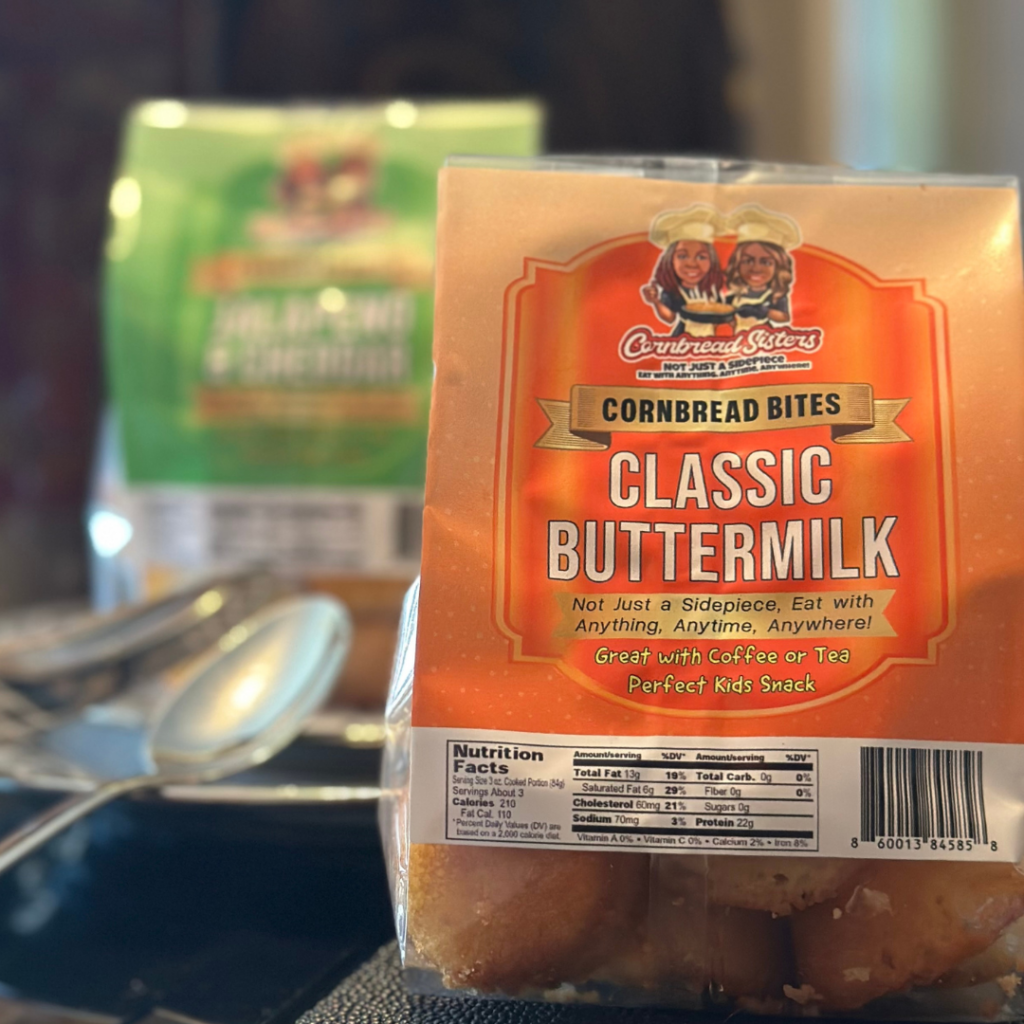She Knew It Was a Stroke. The Doctors Didn’t Believe Her.
At 44, life changed in an instant for Tiffany Batiste, a high-achieving mother of two. A senior manager at an Atlanta sales organization and an Ironman athlete in training, she was used to pushing limits. But one afternoon, something felt off.
“I was standing in the kitchen eating shrimp with my left hand, and my grip slipped,” she recalls. “My sister had a stroke five years before. So I was very aware of those symptoms. And I knew what was happening.”
She immediately turned to her husband who called 911.
By the time EMTs arrived, her strength had returned, but her speech was slurred. “I was off cognitively,” she said. At the hospital, the CT scan showed nothing. “They were like, ‘We think you’re dehydrated,’” she said. One doctor pointed to her recent bike ride and a beer she’d had afterward. “I’m like, that’s not a long ride. I know my body. And I’ve had a stroke.”
They assured her she was fine and wanted to send her home, but Batiste insisted on an MRI. “I said, ‘Look, I have an 11-year-old and a 6-year -old at my house. I’m not leaving without an MRI.”
The MRI confirmed it. She had experienced a left-brain stroke.
“Hearing the words kind of made the room spin,” she says. “I knew that’s what I had. But to hear it … like, how? I really worked hard to be healthy.”
She was monitored and sent home the next day, but didn’t return to that hospital. Instead, she sought out Emory neurologist Dr. Fadi Nahab, who had treated her sister. “I really trusted him. I know he likes tough cases and a challenge.”
Three months later, Batiste had a second stroke – again in the same region of her brain. This time she insisted the ambulance take to her to Emory, and the doctors found the cause: a webbing in her right carotid artery, likely genetic. She began taking Plavix and baby aspirin. “That’s the perfect cocktail for this type of situation,” she said. “And I’ve been fine ever since.”
Still, recovery came with challenges. “My daughter and I would read books together, and I thought the book was too complicated. Later I realized –it wasn’t the book. It was me.” She couldn’t handle too much noise or multitasking. “I needed much more silence.”
Returning to work proved difficult. “I had a really vibrant career… And I was terminated after I got back.”
She also faced the invisible nature of her condition. “If someone comes in with a broken arm, you can see that they can’t use their arm,” she says. “When someone has a stroke, you can’t visibly see the internal issues or how their mind is working.”
Through it all, Batiste has been an advocate for herself and encourages others – especially women, for whom that can be hard – to do the same. “I think as women, we have a tendency to overlook our symptoms,” she says. “And you hear that from so many women ‘I don’t have time to be sick,’ ‘I don’t have time for this.’”
But taking the time to ask questions, get answers and take care of yourself can sometimes make a difference between life and death.
“I always tell people, ‘you’re your best advocate.’ Doctors are amazing, but they’re practicing medicine. So there’s a lot of educated guessing based on the knowledge or the information in front of them,” she says. “You have to push, and you have to ask the questions, and you have to make sure that they’re doing what you think is best for you or your family.”






